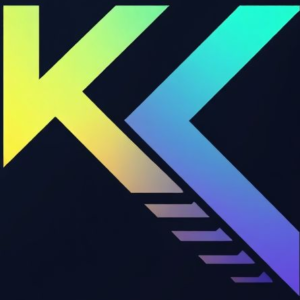

What does the Digital Markets Act mean for mobile game developers?
In November 2022, the European Union introduced the Digital Markets Act (DMA), which was hailed as a regulatory overhaul to level the digital playing field. Now, as the DMA’s effects begin to materialize, it’s important to assess its implications for the gaming and interactive entertainment sectors.
Overview of the DMA:
The DMA represents an enhancement of EU competition law, targeting a small group of dominant digital platforms—called “gatekeepers”—to ensure fairness in online markets. Its focus is on core platform services (CPS) like mobile app stores, operating systems, and search engines. Companies violating the DMA face penalties as high as 10% of global turnover, with repeat offenders risking up to 20%.
Who Are the “Gatekeepers”?
To be classified as a gatekeeper, a company must play a crucial role in the EU market, providing vital access points for businesses and having a strong, entrenched market presence. As of now, seven companies—including Google, Apple, Amazon, Meta, TikTok (ByteDance), Microsoft, and Booking.com—have been named gatekeepers. For these firms, the DMA’s rules are already in effect as of March 2024, leading to significant policy adjustments.
Impact on Mobile Gaming:
The most notable immediate impact of the DMA is in mobile gaming, where Apple and Google’s app stores, as well as their mobile operating systems, play a crucial role. The DMA mandates that these gatekeepers provide alternative app distribution methods, allowing developers to use third-party app stores or sideloading options, marking a departure from the previously closed ecosystems, especially for Apple. While Google’s Android platform already permitted sideloading and third-party stores, Apple’s move is particularly transformative. Now, alternative stores like AltStore and Epic Games Store are being introduced to iOS, with companies like Microsoft planning to launch their own stores on iOS as well.
Opportunities for Game Developers:
The DMA also introduces flexibility in how games and in-app services are offered:
– Off-platform offers: Developers can direct users to external platforms for purchases, bypassing app store commissions.
– Alternative payment methods: The gatekeepers can no longer force developers to use proprietary payment systems like Apple’s IAP or Google’s Play Billing. This opens the door for cheaper, third-party payment processors, benefiting both developers and players.
These changes are still evolving, and how exactly these rules will be implemented remains an ongoing discussion between the European Commission and industry stakeholders.


